Impacts
Read examples of how the Advanced Research on Integrated Energy Systems (ARIES) platform is making an impact in supporting communities, companies, governments, and other energy leaders in achieving their energy systems integration goals.
Projects
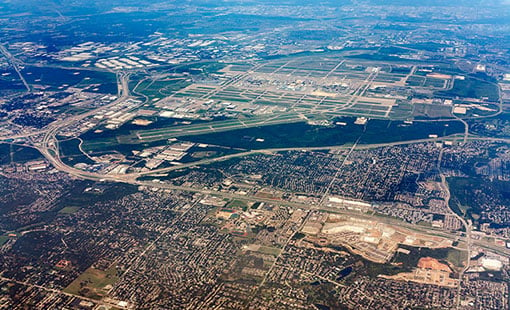
Energy Systems Integration for U.S. Ports and Transit Hubs
NLR has modeled traffic flow at one of the busiest transit hubs in the world—Dallas-Fort Worth International Airport—by creating a “digital twin” of the airport with artificial intelligence tools to determine optimal designs and energy-saving decisions. This advanced modeling is helping other hubs consider how new technologies can be integrated into their own operations.
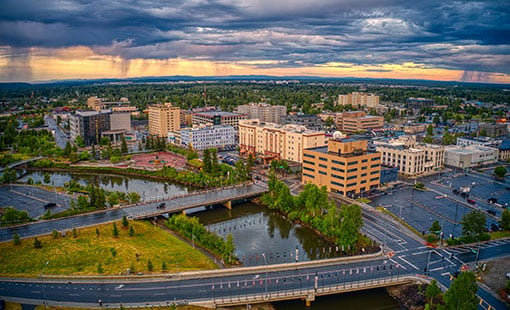
ARIES Is a Proving Ground for Community Energy Systems Integration
The U.S. Department of Energy (DOE) Energy to Communities program helps local governments, utilities, and community-based organizations achieve their energy goals. Using the R&D 100 award-winning ARIES software, Simulation and Emulation for Advanced Systems, NLR showed how Fairbanks, Alaska, could improve reliability.
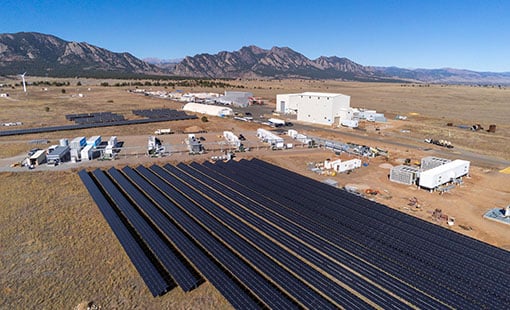
Hybrid Power Plants Maximize Value of Energy Resources
NLR is leading a large national collaboration named FlexPower to pioneer new approaches for multi-technology power plants to provide grid services for resilient, stable, and efficient operations. The FlexPower project brings NREL together with Idaho National Laboratory and Sandia National Laboratories to develop a hybrid generation power plant enhanced with energy storage at NLR's Flatirons Campus. This electrons-to-molecules scheme is being evaluated in a Grid Modernization Initiative-funded project that will reduce costs via standardization and through the possibility of scaling up electrolyzer integration. Such hybrid power plants could prove new value streams for energy resources.
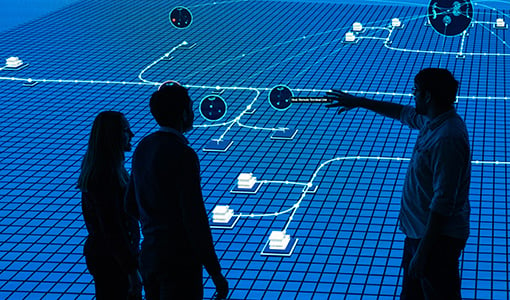
Speeding Cyber Innovation
Using ARIES, the Critical Energy Cybersecurity Accelerator is identifying security gaps in the electric grid and expediting solutions to market. This technology partnership of federal experts, industry partners, and innovators accelerates the deployment of cybersecurity solutions for the nation's evolving grid. The accelerator's cohorts—which have included Blue Ridge Networks, Sierra Nevada Corp., Xage Security, runZero, and Asimily —validate proposed solutions in the ARIES cyber range, which provides a safe, emulated environment to evaluate cybersecurity innovations without putting customers or utility networks at risk.
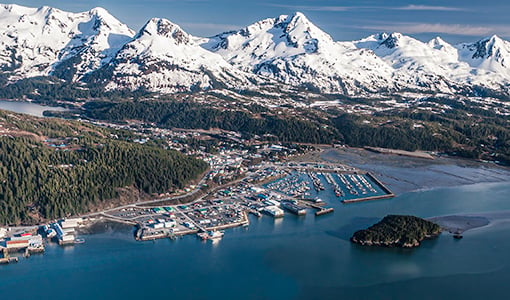
Microgrid in Cordova, Alaska, Is Model for Resilient, Local Energy
The city of Cordova, Alaska, is enhancing the resilience of its microgrid with support from DOE's Grid Modernization Lab Consortium—including Idaho National Laboratory, Sandia National Laboratories, and Pacific Northwest National Laboratory—and nine industry partners. The resilience-enhancing technologies include new energy storage; new controls for its hydropower resources; and a fleet of meters, sensors, and advanced zonal controls using smart metering infrastructure to manage recovery, improve resilience, and support the city's fishing economy by serving seasonal and critical loads. Using ARIES, Cordova validated its improved microgrid against plausible events, such as power loss from an earthquake or avalanche, allowing the local electric cooperative to observe and control the network with more precision. This is important for Cordova and indigenous communities throughout Alaska because microgrids are their last resort for energy, and controls make it easier to adapt during critical events.
2024 Accomplishments
To learn more about our 2024 accomplishments and impact, check out the ARIES Annual Report 2024.
Peer-reviewed journal articles
High-impact publication
Conference papers
Technical reports
Software records
Records of invention
New patent
Share
Last Updated Jan. 14, 2026
